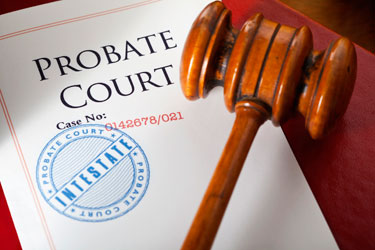 Probate in CT
Probate in CT
When a family member passes away, there are many important issues the survivors must face. The estate left behind is comprised of that person’s assets and liabilities. Our Firm is highly skilled at navigating Connecticut’s laws governing estates and both probate and trust administration.
As probate attorneys, Ericson, Scalise & Mangan are highly skilled in estate administration. We help our clients navigate complex tax and probate laws and have a high level of knowledge and experience in this area of the law. Often, we can alert our clients to issues and opportunities others can miss. We work in conjunction with the executor and/or trustee, the family and the family’s financial advisors and accountants.
Our estate administration services include:
